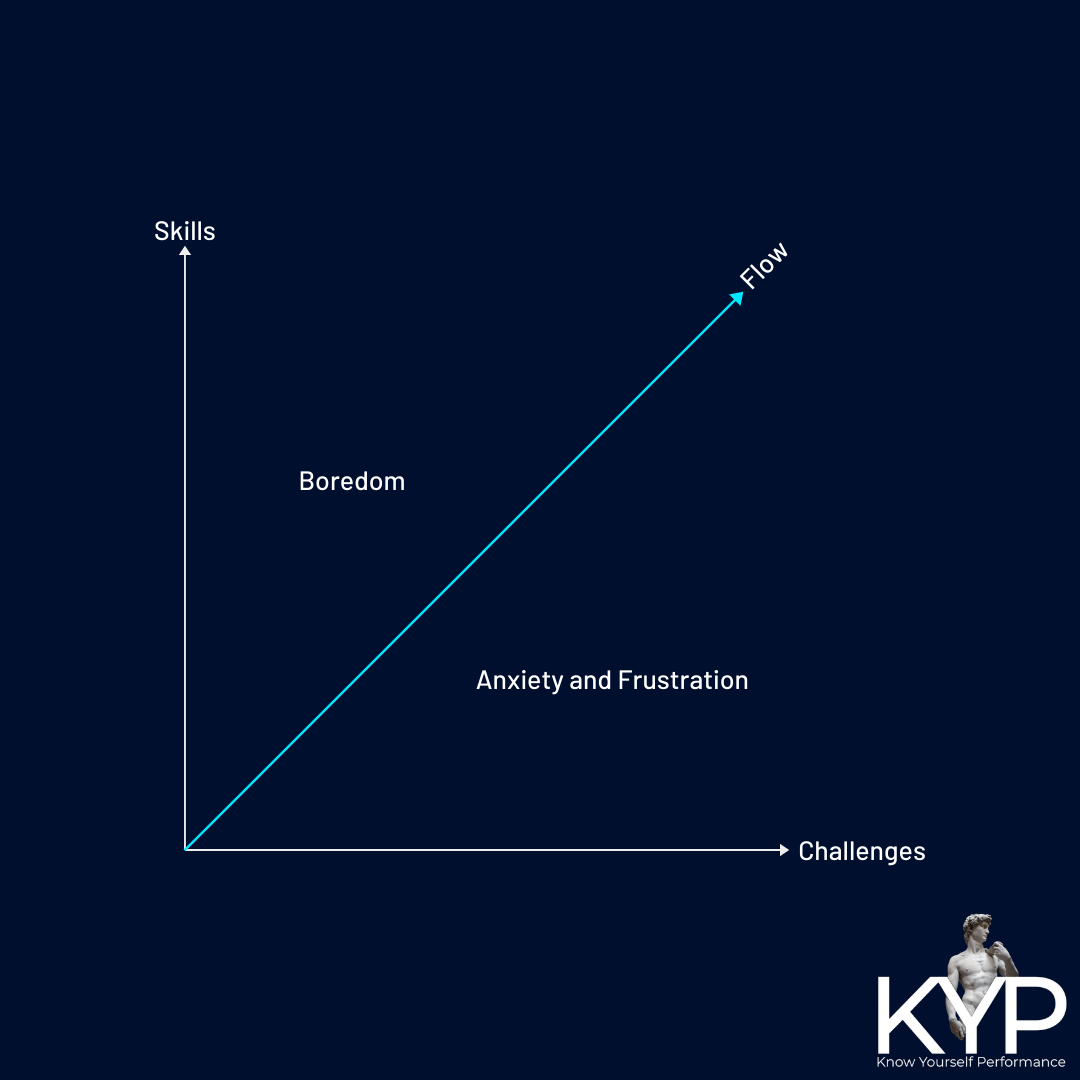If you’d prefer to listen to this article, click here (Podcast link).
Would you prefer to go on your dream holiday but not remember it, or never go on that holiday but have the memory that you did?
This paradox intuitively illustrates the idea of the 2 selves, outlined in Daniel Kahneman's book, Thinking Fast and Slow.
The first self in the experiencing self: You, in the moment, going about your daily activities, enjoying your food, taking out the bins, playing sport, talking with your friends.
Of course, you can't remember every second of those experiences across your lifetime in fine, video-like detail.
But the elements that do get stored in your memory make up the second self, which is the remembering self: You, when you’re thinking about your life, the experiences you've been through, and how this will affect your plans for the future.
For the initial holiday question posed, obviously what you really want is to both have the experience of the holiday and to have the positive memories of it.
In other words, you want to optimise both your experiences in the moment (the experiencing self) and your memories about those experiences (the remembering self).
But optimising one doesn't necessarily optimise the other.
When it comes to optimising the experiencing self, the temptation is to aim for as much pleasure as possible, in which case we could be led down the line of junk food, drugs, and whatever other guilty pleasures feel good in the moment.
However, this would be short-lived, and the experiencing self would eventually suffer as a result of these actions, as anyone who has had a hangover, or anyone who has caught themselves in the mirror after a few months of bad eating, will testify to.
Instead, the concept of Flow, attributed to Mihaly Csikszentmihalyi, comes to mind. (Read my article on flow here).
The "Flow state" is found during experiences where you are voluntarily being challenged to the limits of your skills, in a way that causes you to lose a sense of time, yourself, and external issues. This “Flow” can be seen as synonymous with the feeling of ‘meaning’.
You might find it in an intense sporting event where you are being pushed to your limits, or while studying a subject that is just slightly beyond your current knowledge, or in a variety of other tasks where you're being challenged enough for it to be exciting, but not so challenging to be overwhelming.
The remembering self on the other hand is more concerned with your conceptual framework of what has happened in your life, your internal story about yourself, and your place in the world.
In order to optimise this, should you simply aim to have positive memories and thoughts about your past, trying to delete all the negative memories you have?
Firstly, you probably couldn't do that even if you wanted to. If I tell you to NOT think about a pink elephant, of course that's the first thing you think of, and the more you try, the more it sticks in your head.
But even if you could, would you want to?
Often you look back at tough experiences and memories and are glad they happened, in hindsight: A break-up might have led to you meeting your future wife. A loss in the championship final might have made you work harder and improve as an athlete. Even cancer survivors sometimes report that going through that experience caused them to have a more positive outlook on their lives subsequently.
Instead of wanting only positive memories, what we really want is to see our lives as meaningful and having a purpose, even if that means having a few bumps in the road along the way (or that you're currently at a bump in the road!).
A useful conceptualisation of this is in Joseph Campbell's work on the Hero's Journey. (Read more here).
He proposes that the reason we relate to the best stories in literature and movies is that we automatically put ourselves in the position of the story's hero, whose journey is in some way analogous to our own lives, going through trials and tribulations along the way en route to the desired outcome.
We see that journey from the call to adventure, the refusal of the call, the crossing of the threshold into the unknown, meeting a mentor, going into the deep abyss, coming out with the prize, and crossing back into the ordinary world, with the knowledge of how to navigate both worlds.
Some study of the hero's journey will be required to see how that all applies to your own life, but the simple idea of seeing your life as a story in which you are the hero, as opposed to an outside character in the story, or worse, the victim, is likely to be useful.
Putting these concepts together, the way to optimise your 2 selves is by seeing your life as a hero's journey, made up of as many flow states as possible.
You want to spend your days doing things that feel meaningful, whilst having a general feeling of purpose when you sit back and think about your life.

